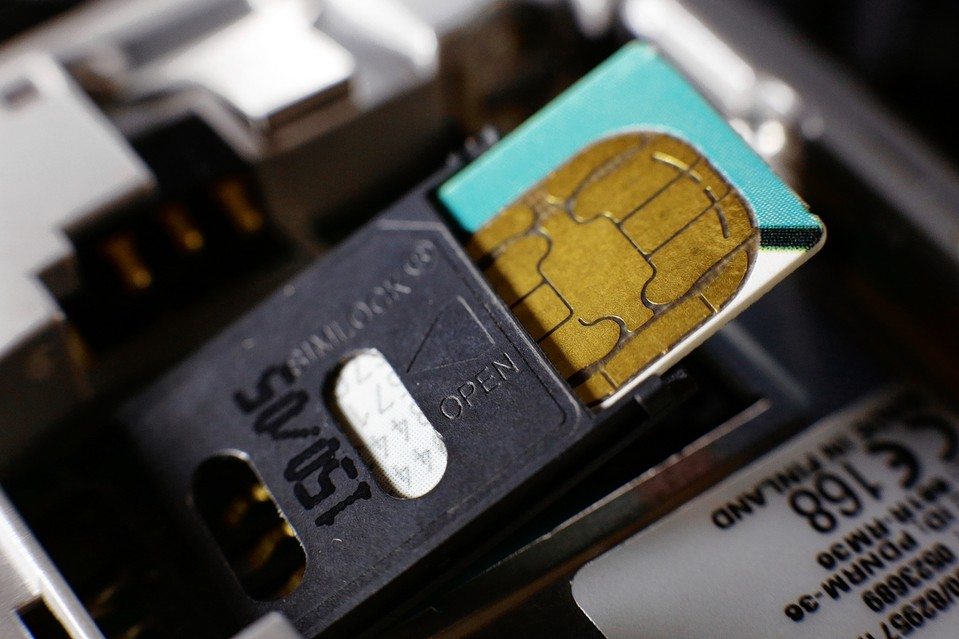French Interior Minister Bernard Cazeneuve met Friday with Apple, Facebook, Google and Twitter to discuss ways to thwart terrorists from using the platforms as stages for propaganda.
“We had frank, rich, deep discussion,” Cazeneuve said during a press conference at the French consulate in San Francisco.
He said his mission was to foster closer relationships with the Silicon Valley titans so online terrorist propaganda could be more swiftly removed or countered with opposing viewpoints.
“We don’t want to have to go through the usual government channels that can take so long; it is important to have direct communication,” Cazeneuve said.
“I stressed the importance of counter-speech to contradict hate messages and protect the most vulnerable citizens and prevent them from joining in terrorism.”
Apple, Facebook, Google and Twitter executives were invited to a follow-up meeting in Paris in April to delve deeper into the issue and collaborate on a proper code of conduct.
“We are clear there is no place for terrorists on Facebook,” the leading social network told AFP after meeting with Cazeneuve.
“We work aggressively to ensure that we do not have terrorists or terror groups using the site, and we also remove any content that praises or supports terrorism.”
Cazeneuve said he wanted to work together with Internet firms in the fight against terrorism and that regulation alone wasn’t the solution to the problem.
While he did not call for Internet firms to take on the burden of automatically censoring photos, posts, video or other digital content uploaded to websites, Cazeneuve urged rapid cooperation when it comes to removing terrorist propaganda reported to the services.
Since the recent terror attacks in Paris, Internet firms have taken to responding to reports of online terror mongering in minutes or hours as opposed to months as had previously been the case, according to the minister.
He stressed that his battle against terrorism was in no way a war on free speech.
Censorship ‘not the answer’
“The value of free speech in a democratic society is a core essential value to the ideals we are trying to protect in the fight against terrorism,” said Emma Llanso, director of the Free Expression Project at the US Center for Democracy and Technology, adding that “over-blocking and censorship is not the answer.”
“We need to support the counter-speech measures; seeing the ideas that are repellent to democracy and engaging with them rather than saying it is okay to be silenced; it is just the wrong direction to go.”
Terms of service for online platforms ban posting of content promoting violence or hate, leaving it to users to report abuses.
“All of us have been horrified by ISIS and their use of the media to spread propaganda,” Google executive Rachel Whetstone said last week during a speech at the Bavarian Parliament in Germany.
Militant Islamist attacks at the satirical newspaper Charlie Hebdo and a Jewish kosher grocery killed 17 people in Paris in January.
The attacks sparked alarm in France and across Europe over fears of a growing and hard-to-combat terror threat.
Videos of gruesome executions have been frequently distributed online by the Islamic State group as a propaganda tool.
More generally, calls to join violent jihad or methods to carry out “lone wolf” attacks are spread on social media by militants and their supporters.
While in Washington, Cazeneuve on Thursday asked for partners from 60 countries to better coordinate their fight against extremism to create international norms in removing illegal content.
France already has a law allowing authorities to block websites that call for or glamorize terrorism. He noted laws against condoning crime and inciting terrorism have already been strengthened in the country.
Cazeneuve said he would ask the major online companies not to allow “the great area of freedom and growth” to become a “space of fanatic indoctrination.”











